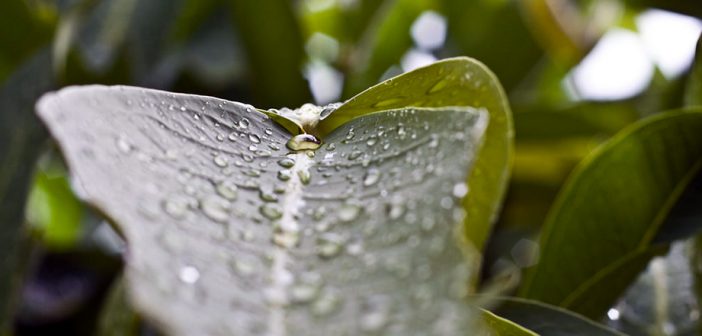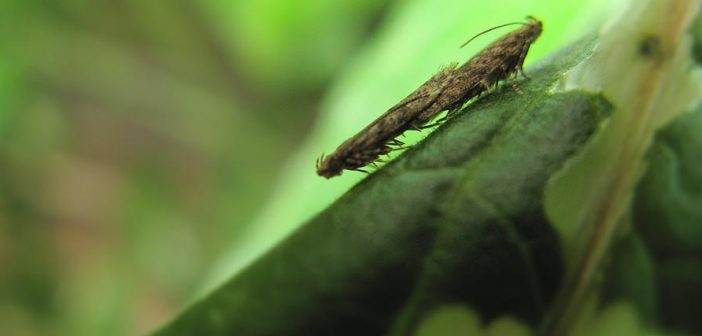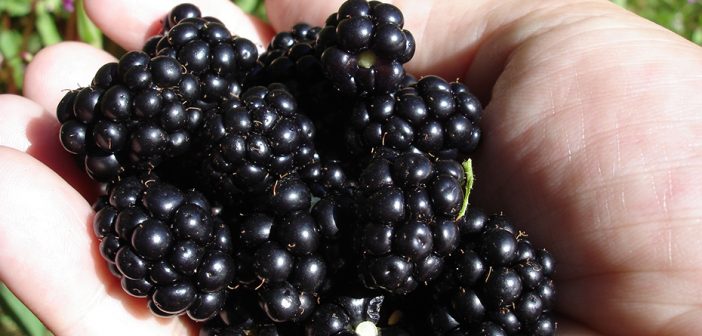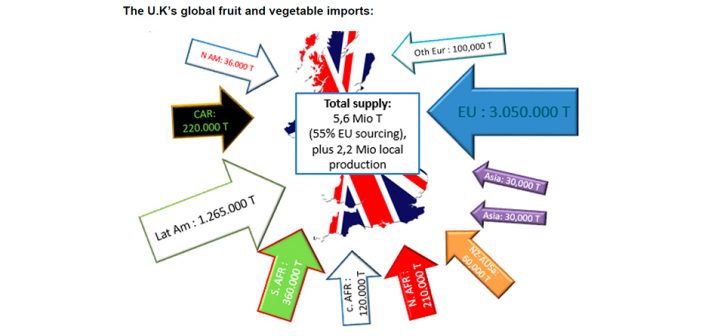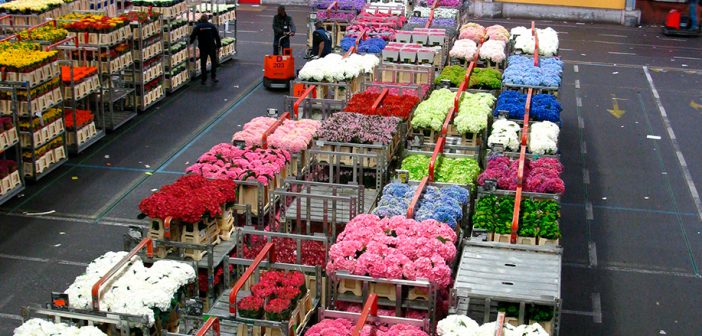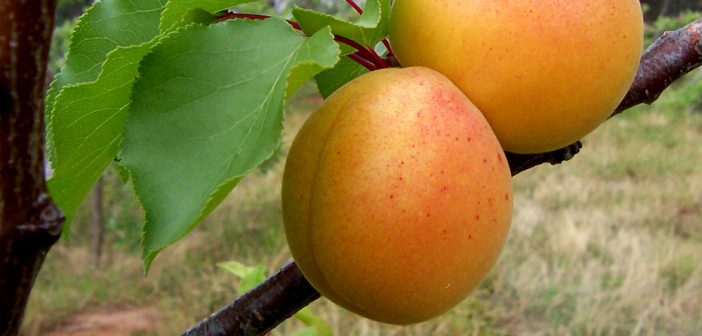A new study has linked the spraying of elemental sulphur for crop protection with asthma and breathing difficulties.
The chemical, which is widely used of strawberries to control mildew and other fungal diseases, is currently approved for use on organic crops as it is deemed to be a ‘natural’ substance. However, researchers at the University of California, Berkeley who studied children living in the Salinas area of California found a link between lung function, more asthma-related symptoms and higher asthma medication use in children living less than a mile from recent elemental sulphur applications compared to unexposed children.
Co-author of the study, Asa Bradman, associate director of the Center for Environmental Research and Children’s Health at Berkeley’s School of Public Health, said, “Sulphur is widely used because it is effective and low in toxicity to people.
“It is naturally present in our food and soil and is part of normal human biochemistry, but breathing in sulphur dust can irritate airways and cause coughing. We need to better understand how people are exposed to sulphur used in agriculture and how to mitigate exposures. Formulations using wettable powders could be a solution.”
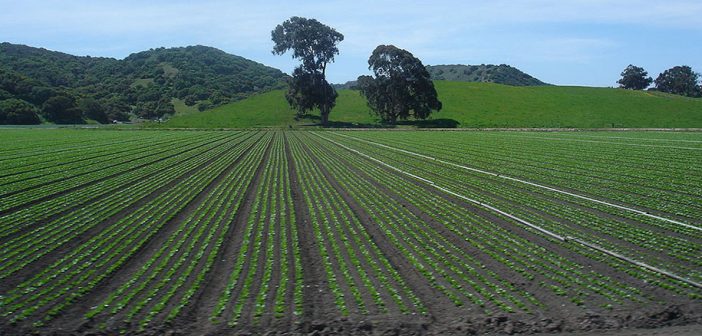
Photo Caption: Researchers studied children living in California’s Salinas Valley.
Photo Credit: Wikimedia Commons
The post New fears over use of sulphur for crop protection appeared first on Hort News.


